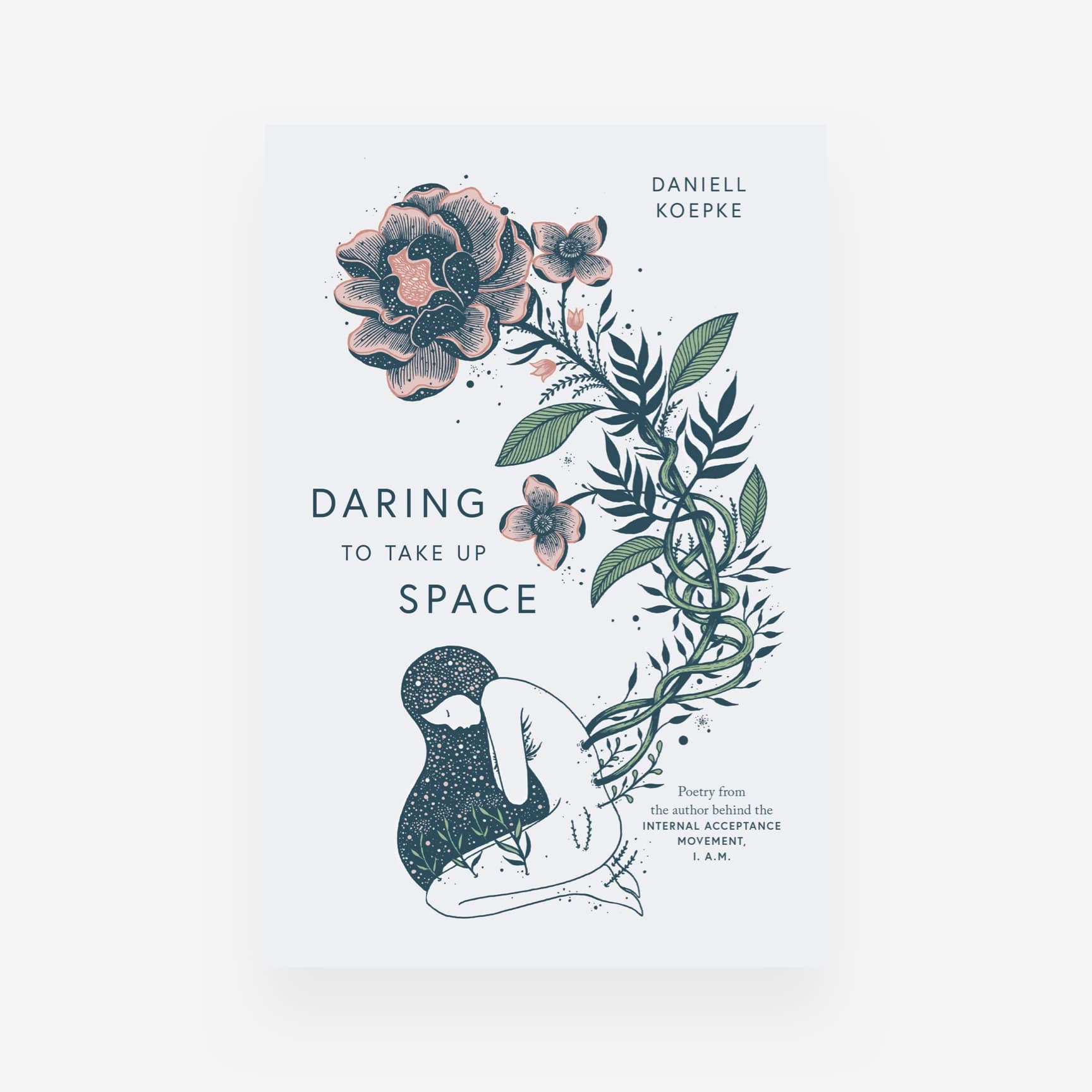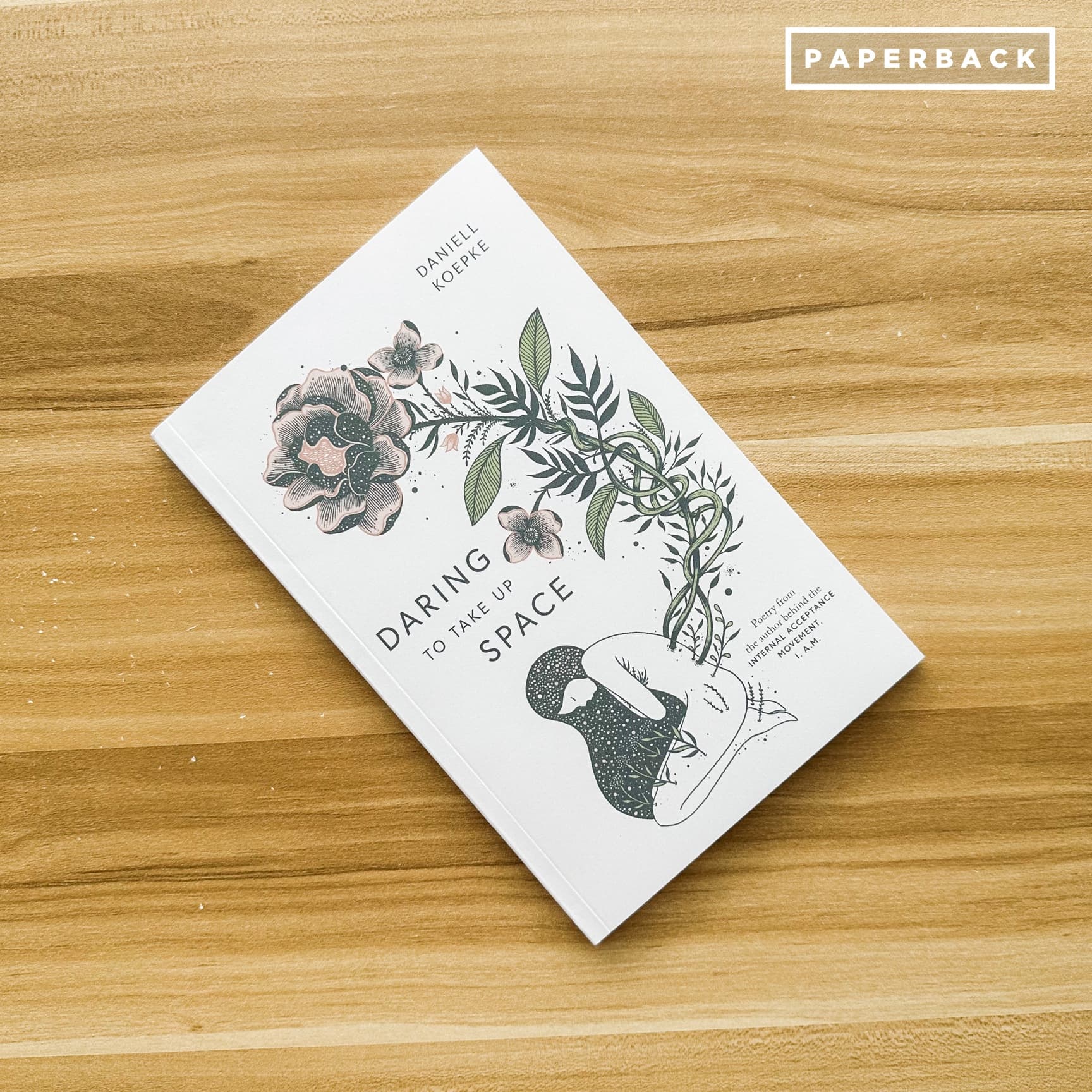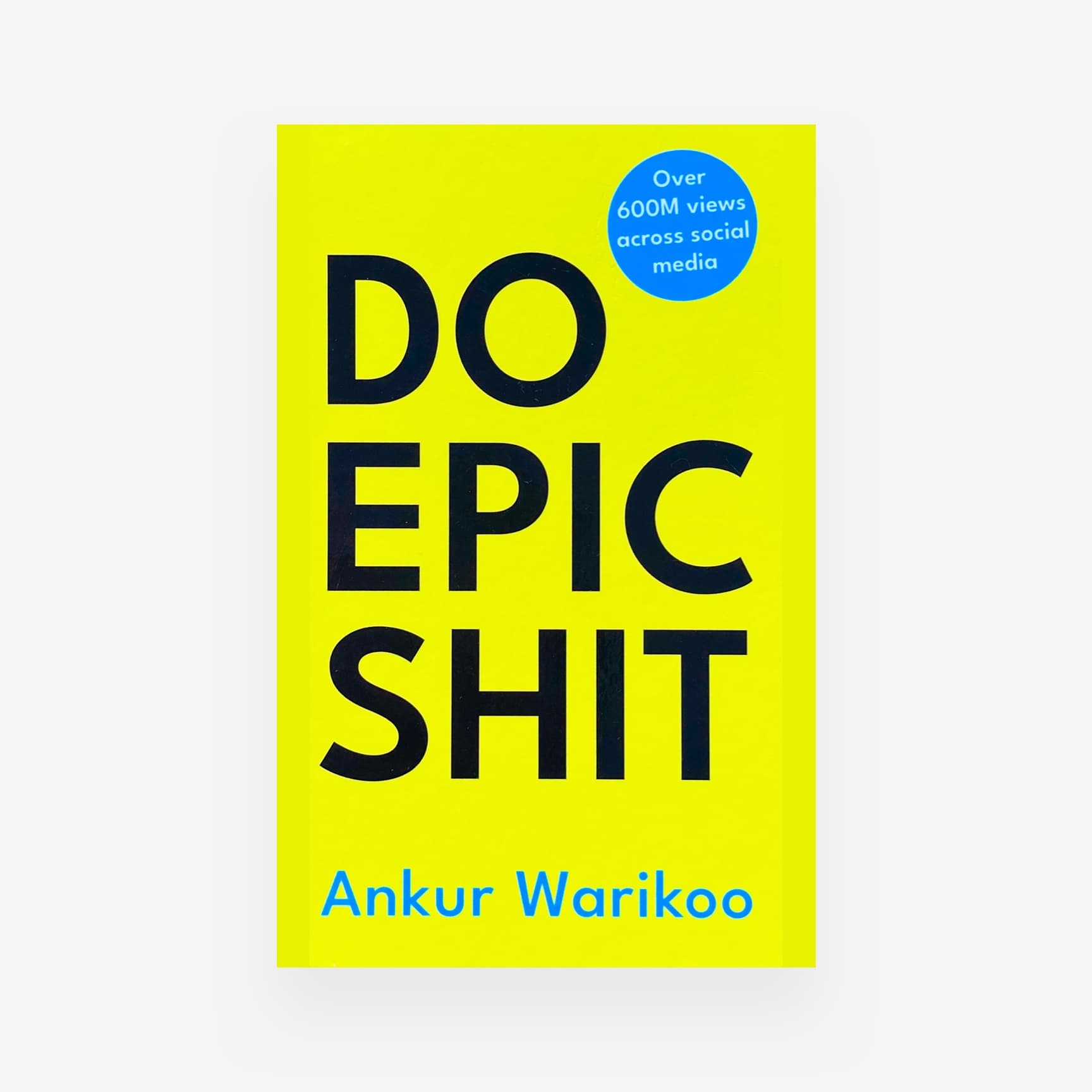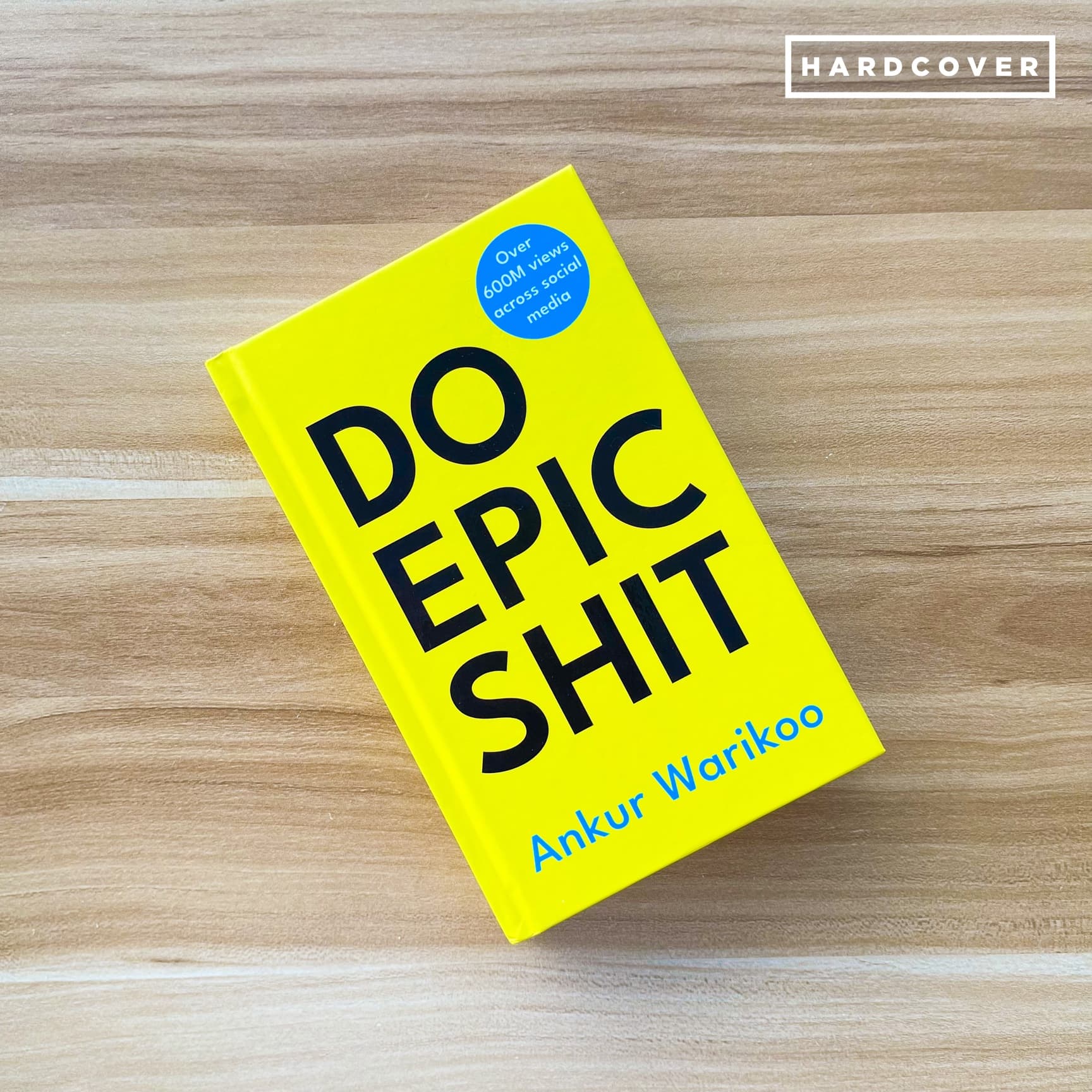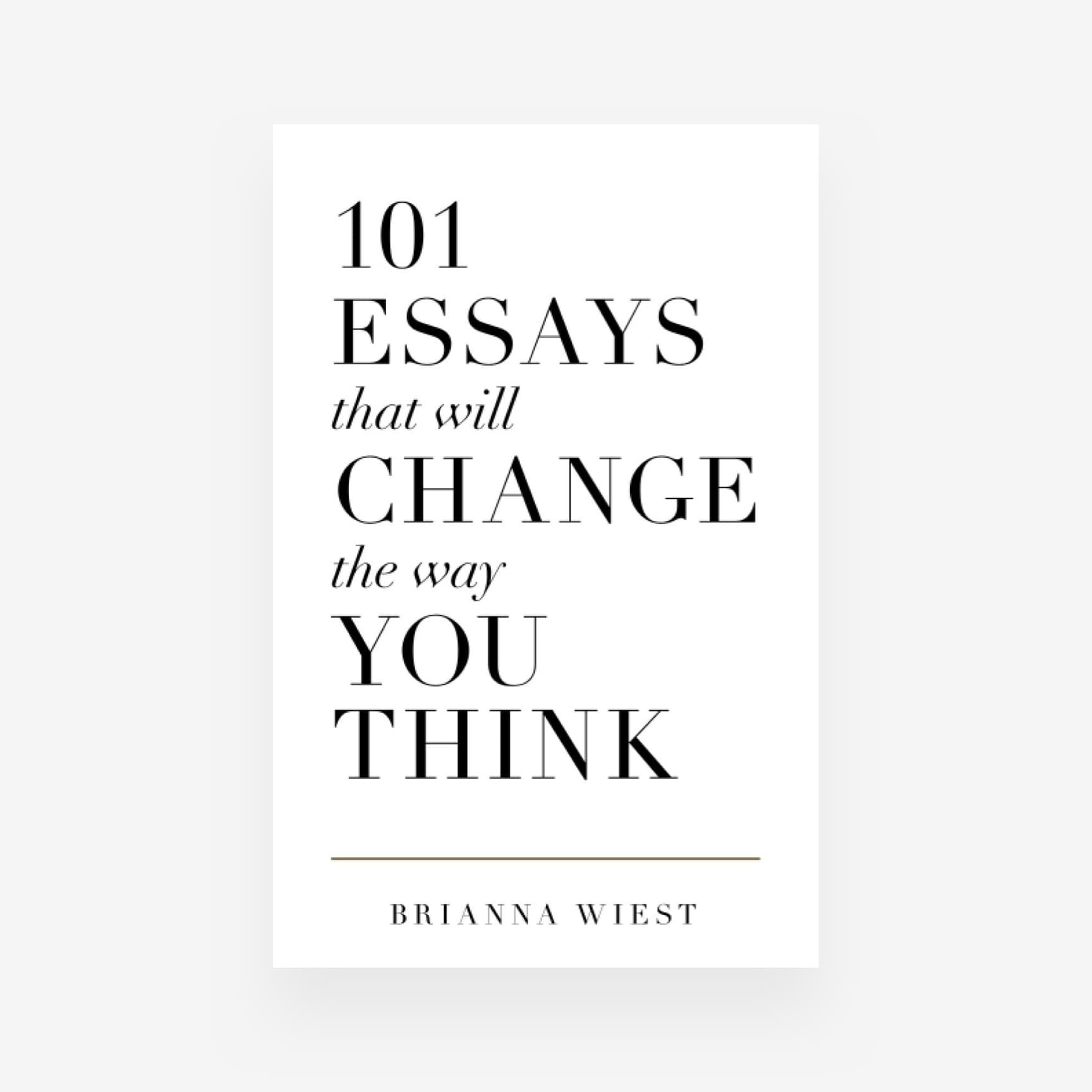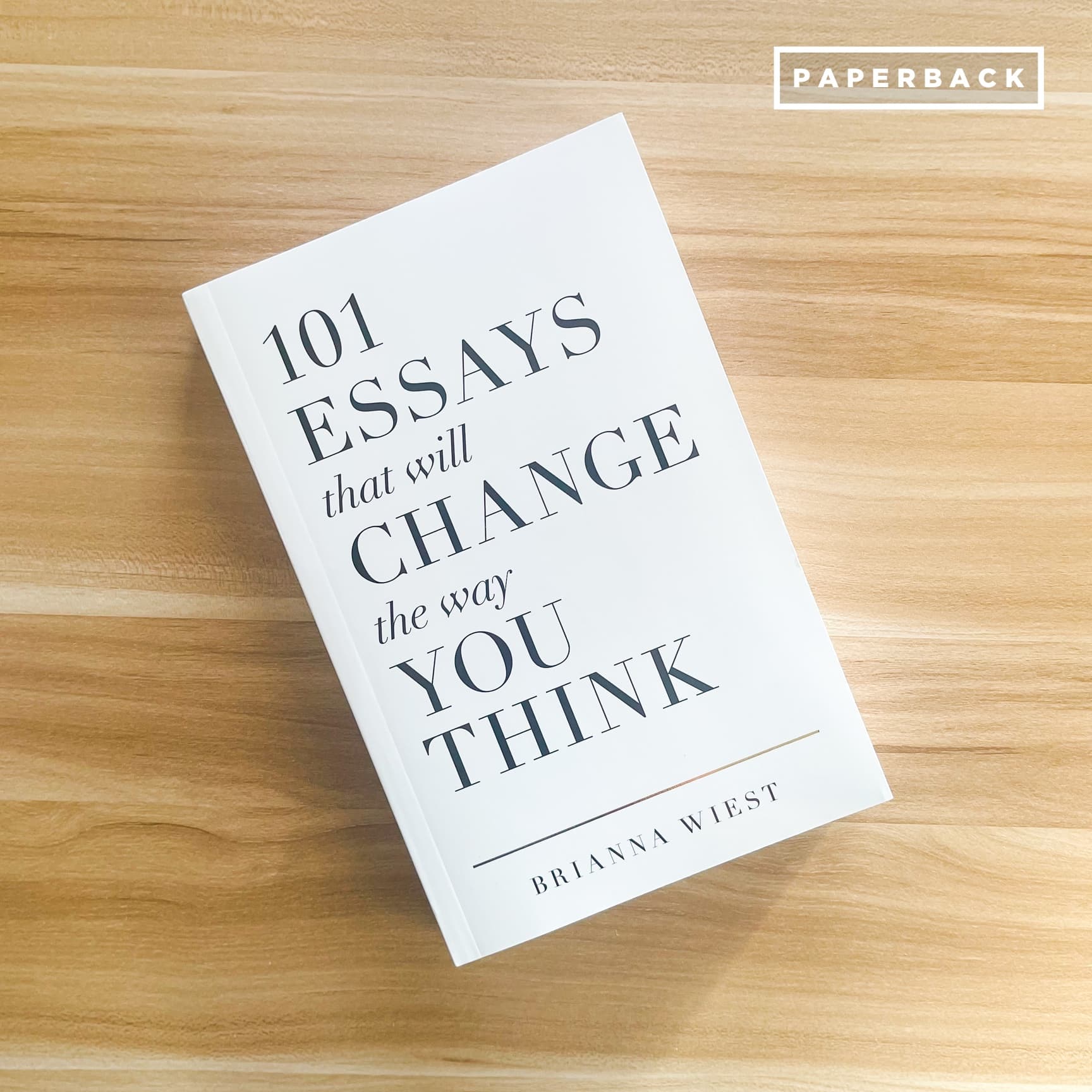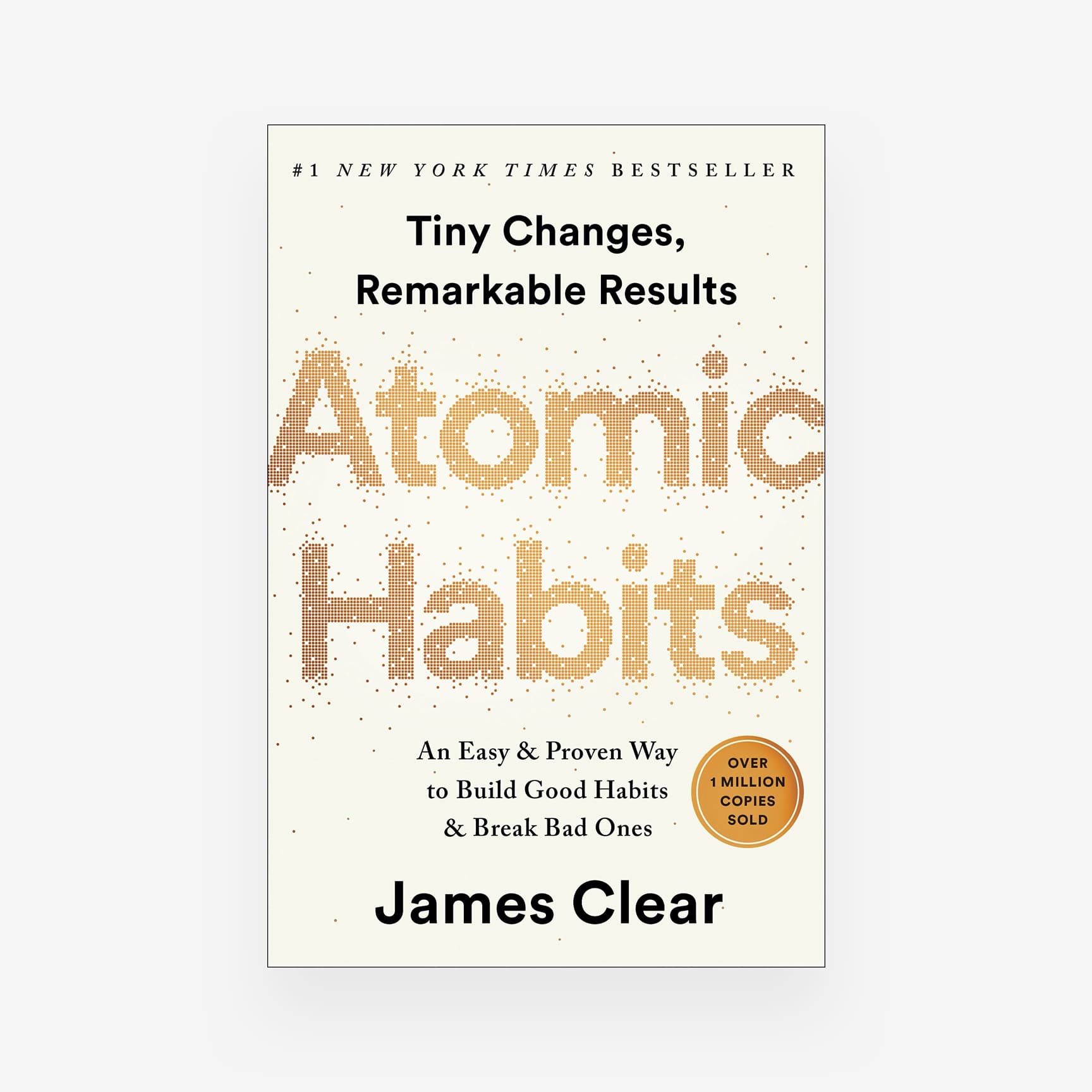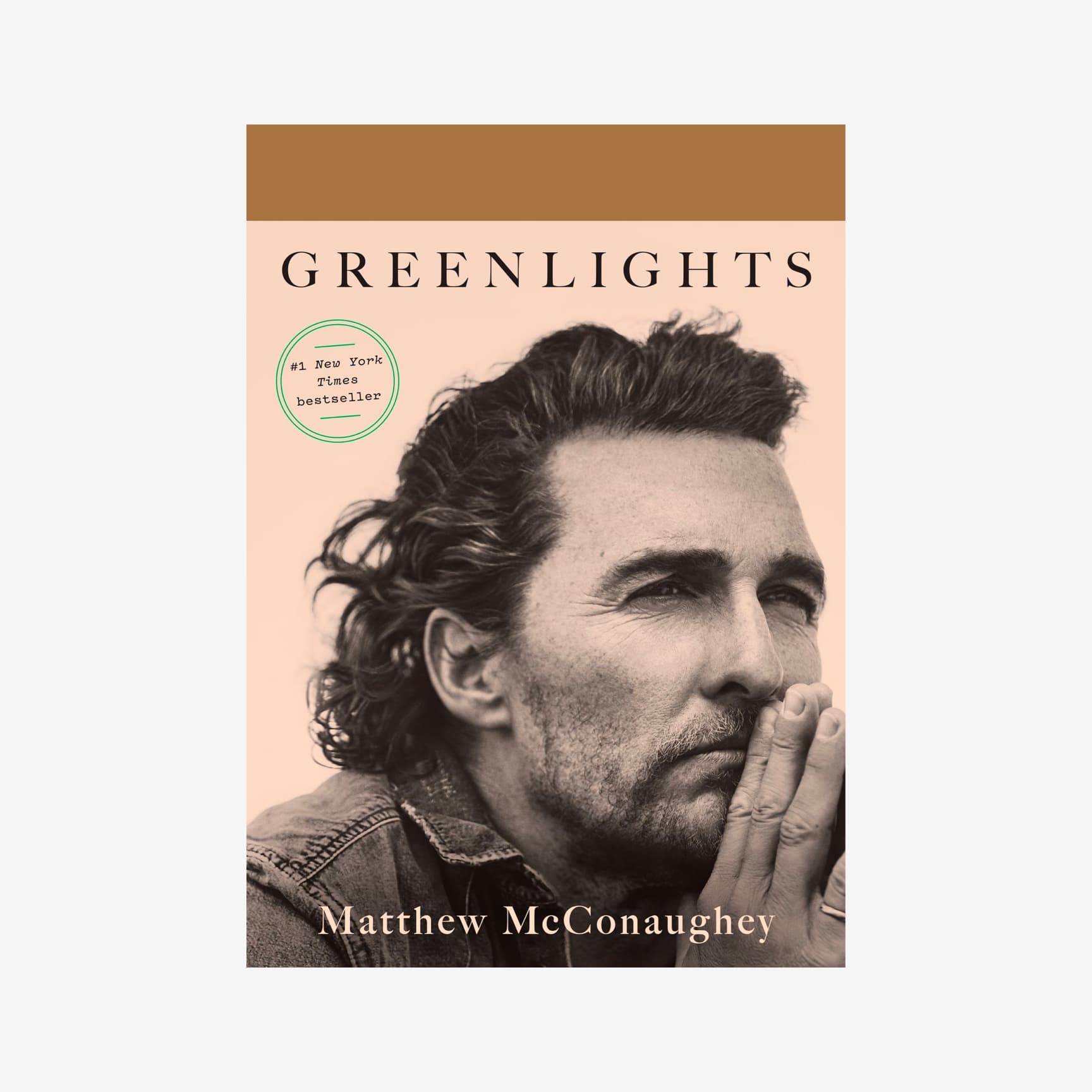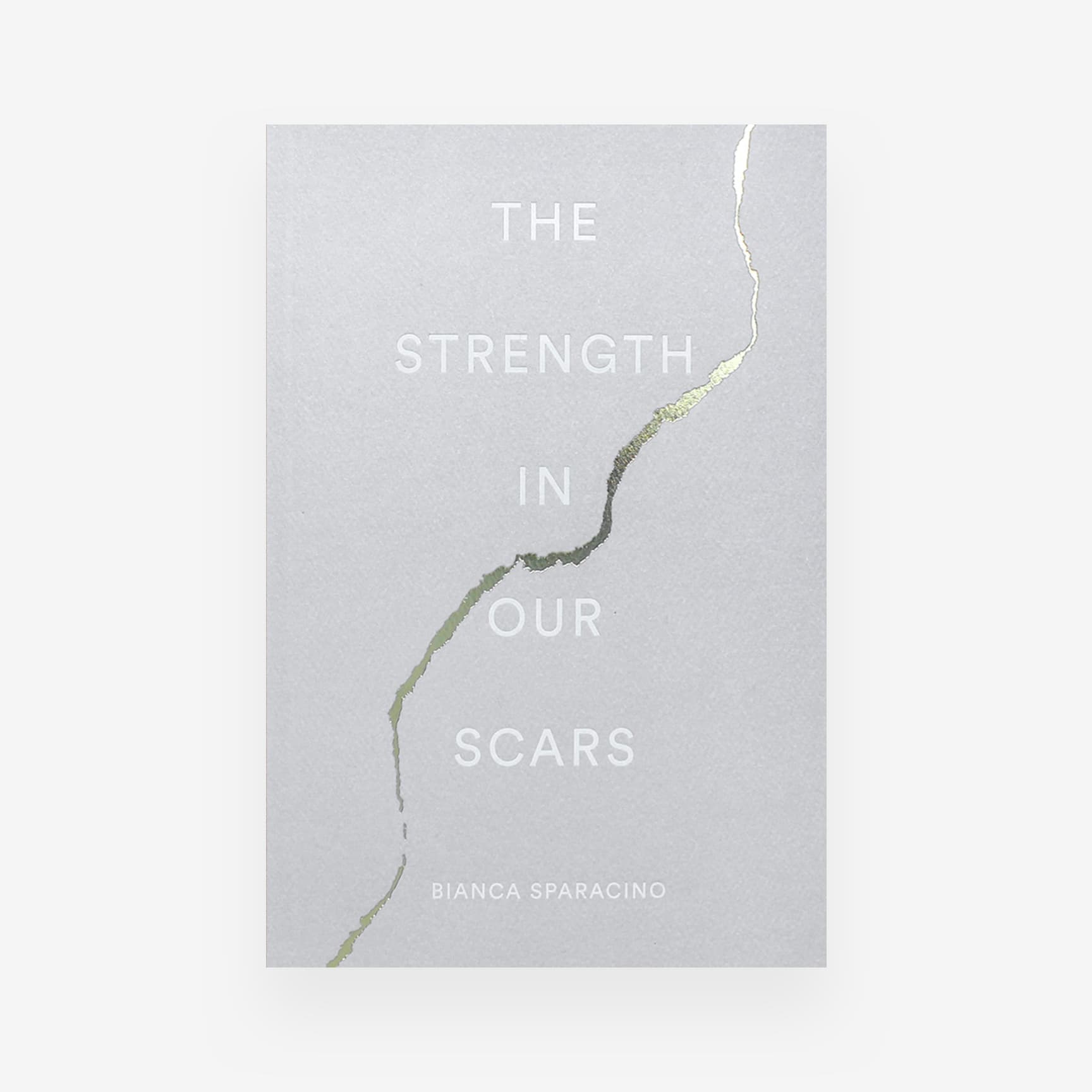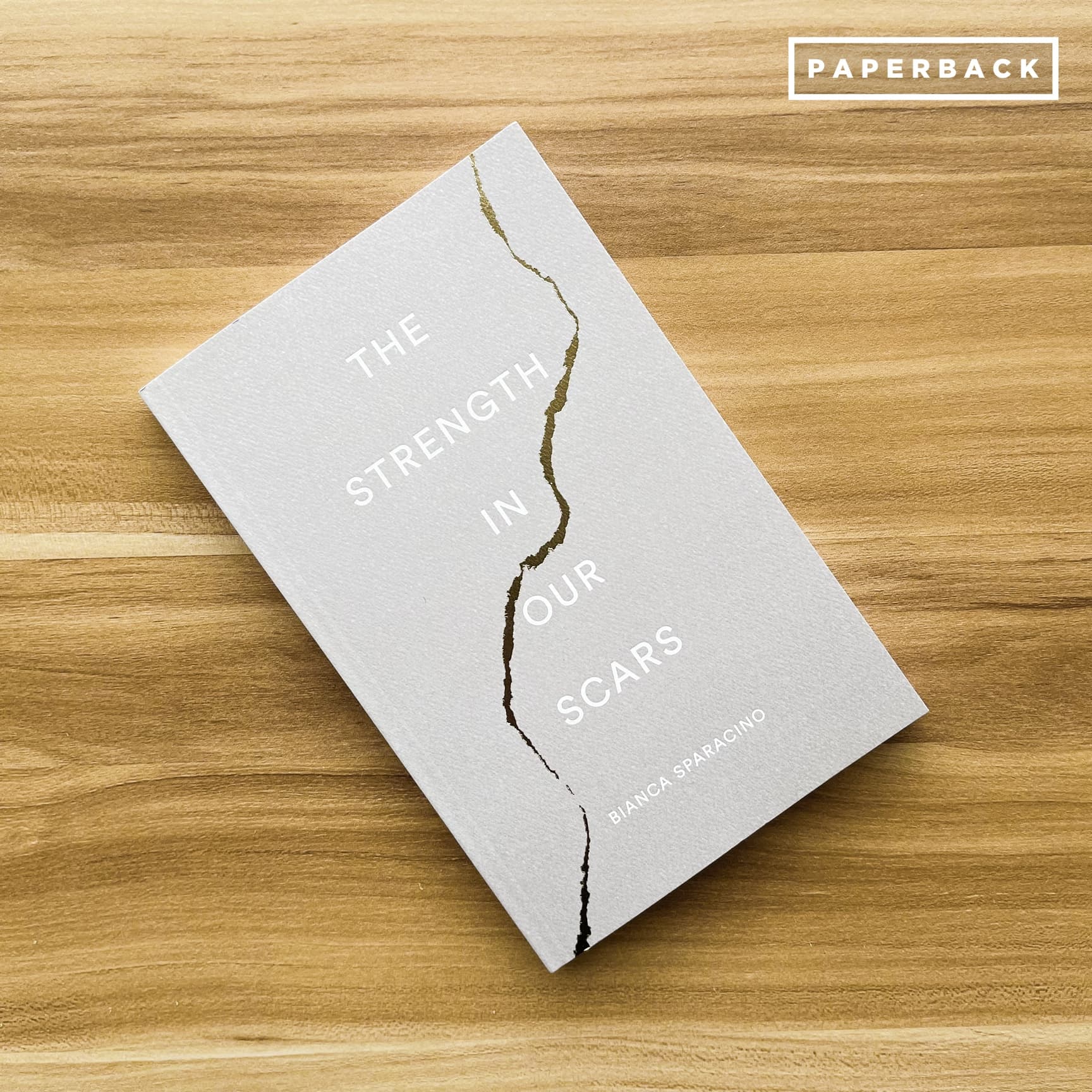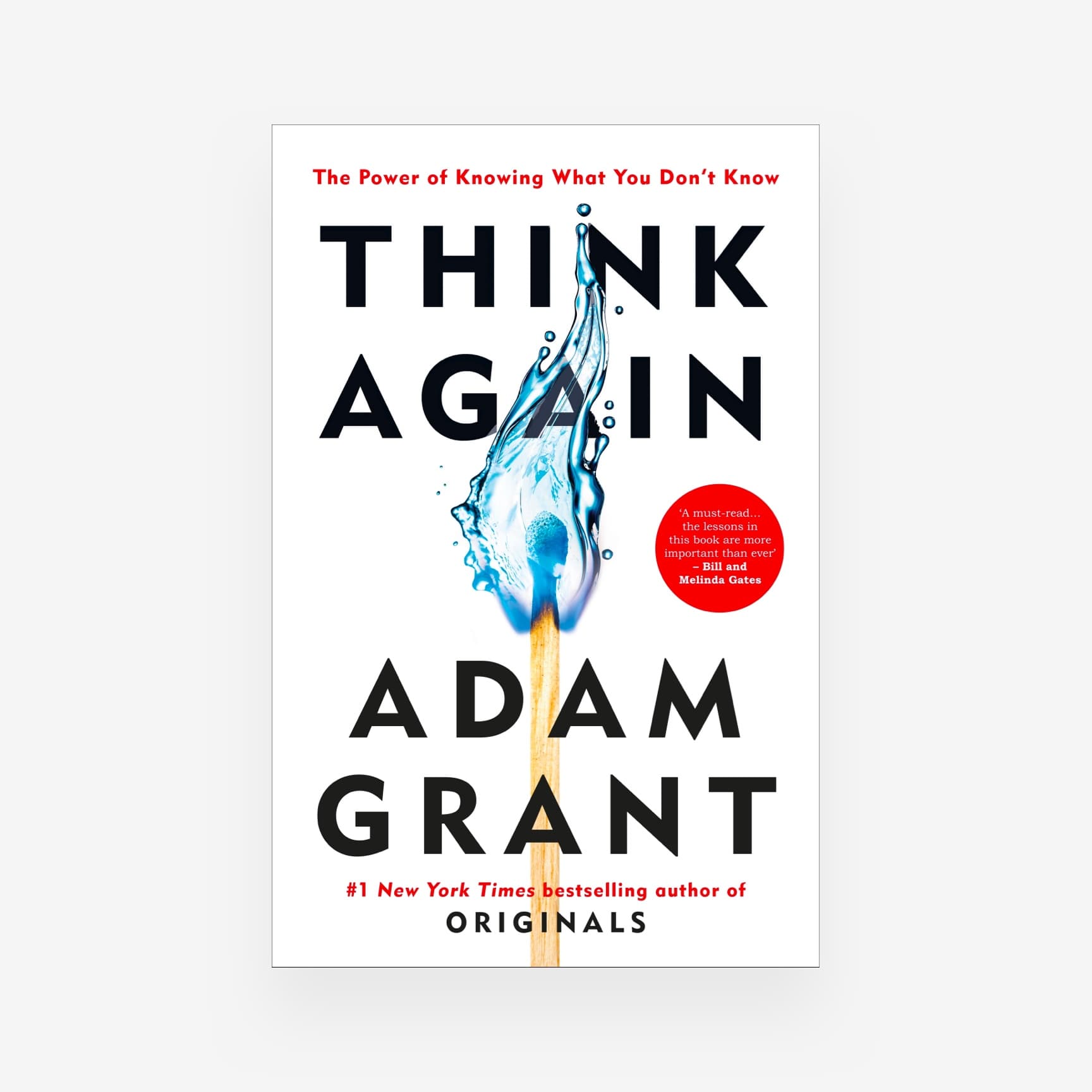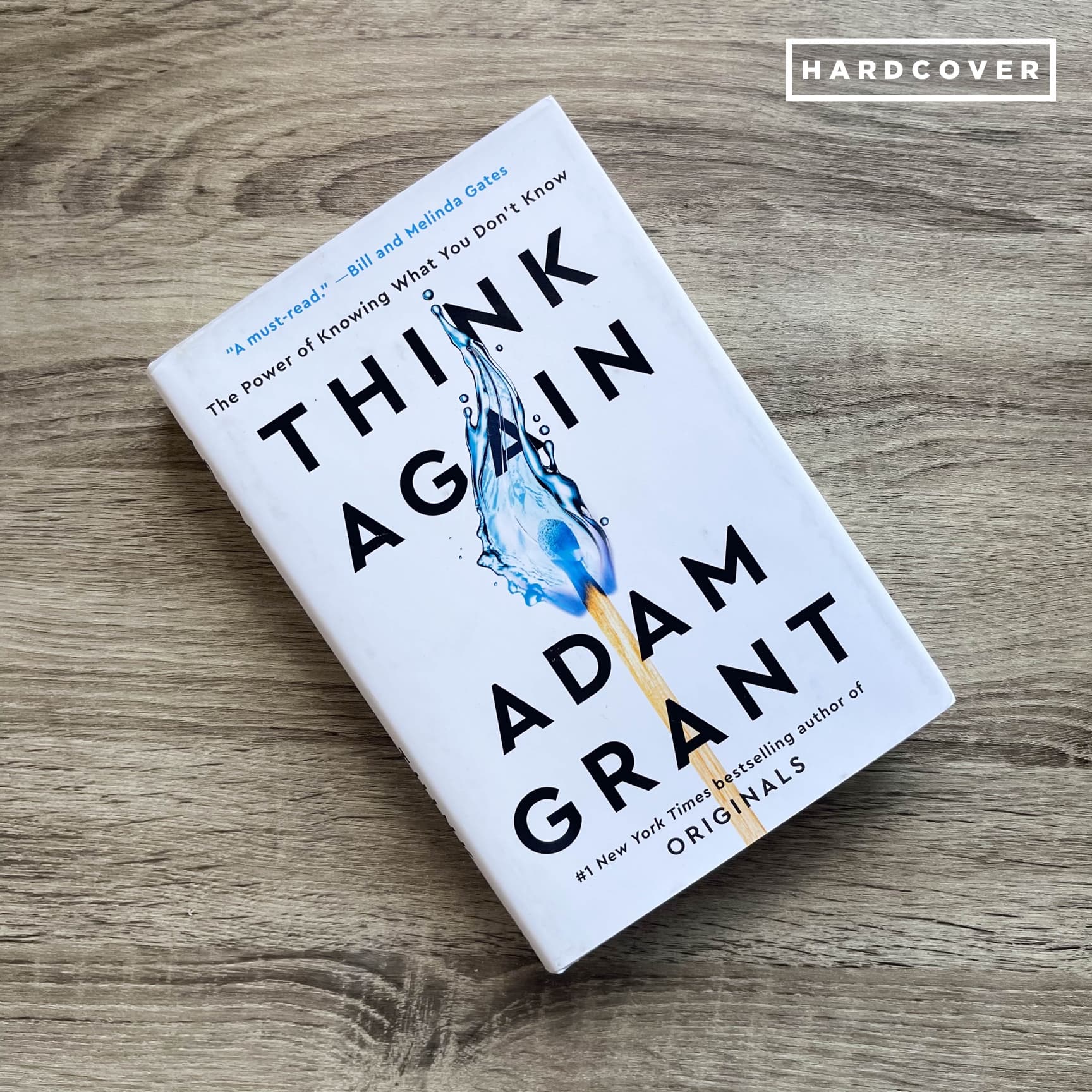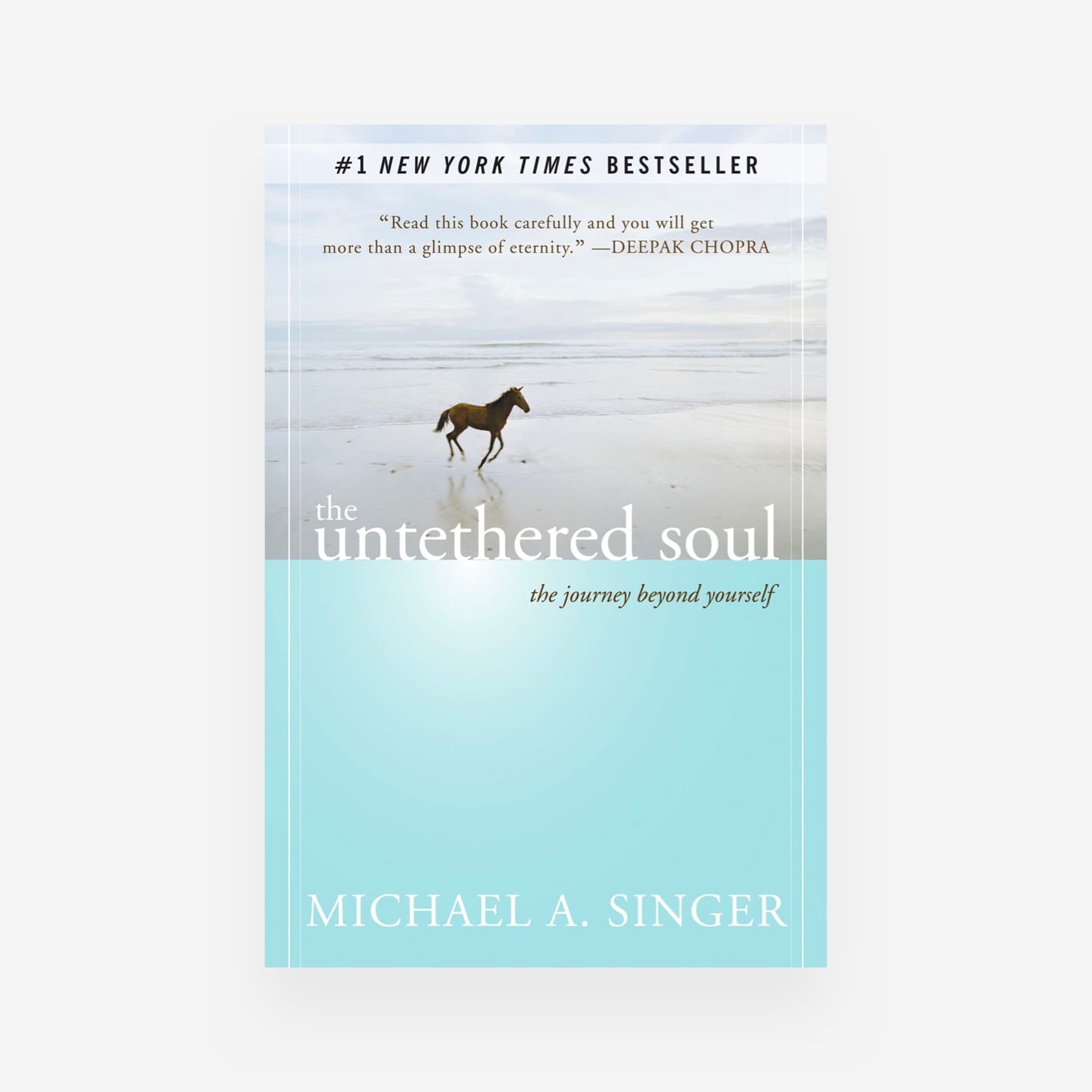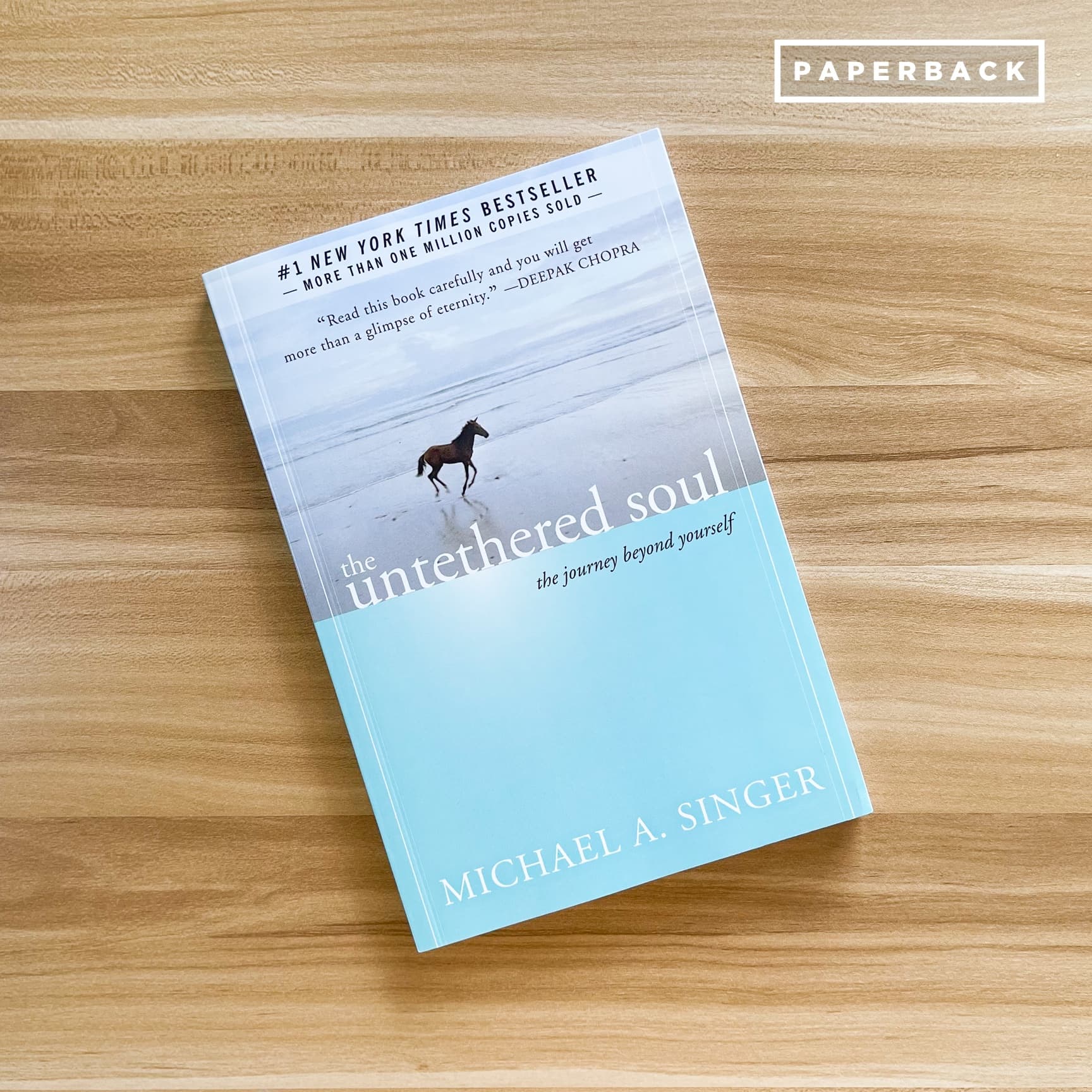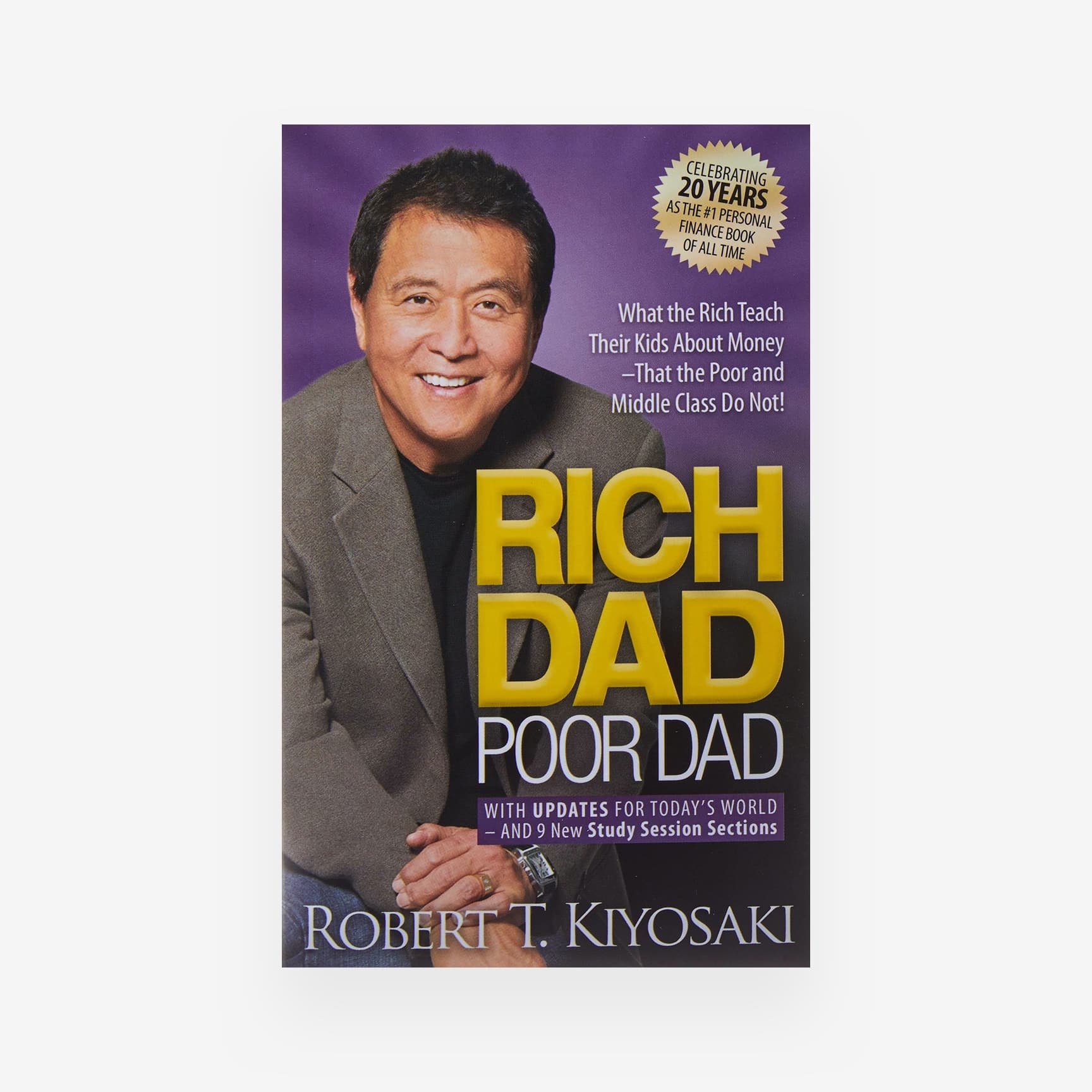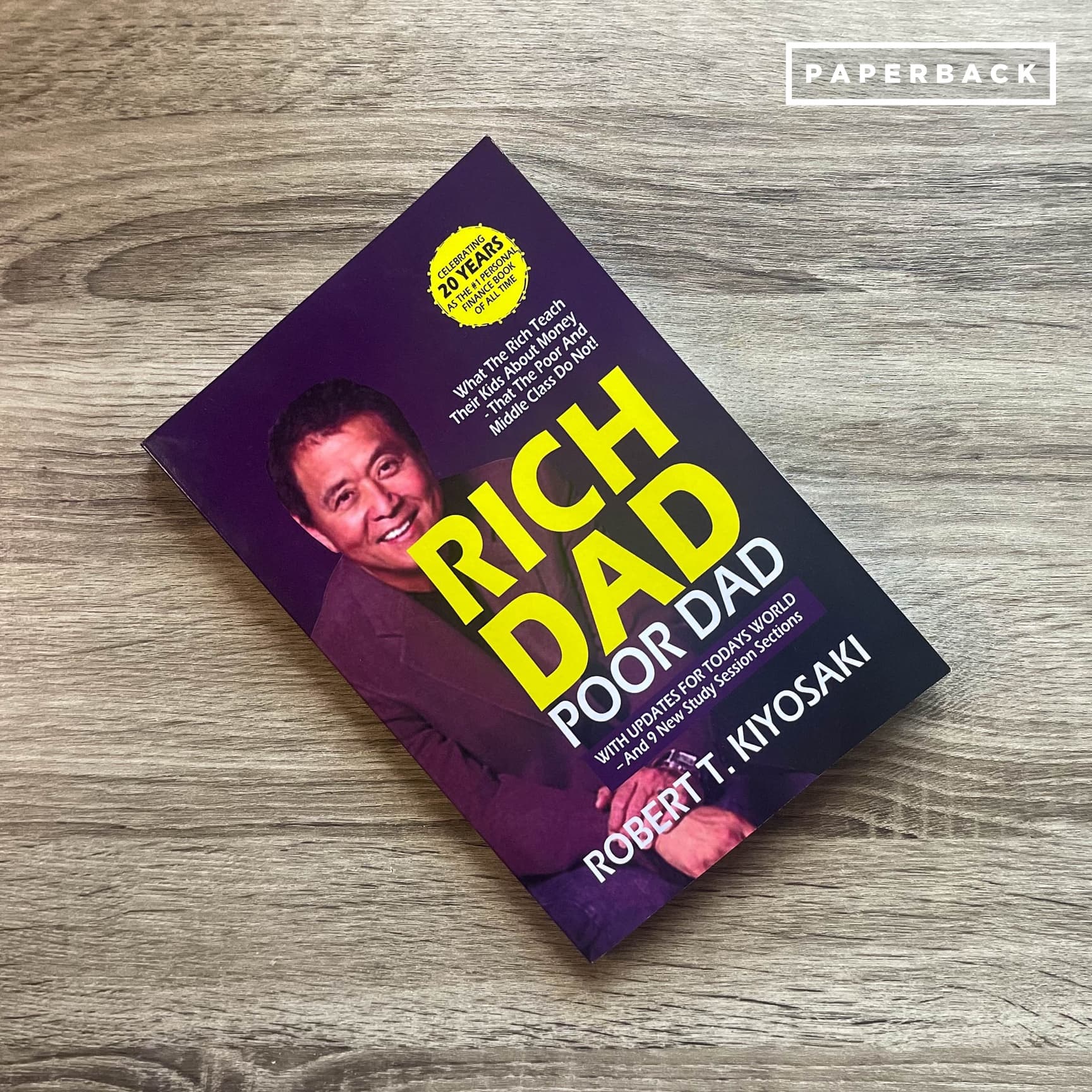In our increasingly digital world, a question lingers in the minds of bibliophiles, a tremor amidst the constant hum of technology: will books become obsolete (It won't)? E-readers have become commonplace, sleek companions offering entire libraries at our fingertips. Their portability is undeniable, a boon for travelers and those with limited space.
Yet, despite the undeniable convenience of the digital age, the allure of physical books remains strong. Their weight in our hands, the satisfying rustle of turning pages, the faint scent of ink on aged paper – these elements combine to create a ritualistic reading experience unlike any other.
The answer to the question of obsolescence, like a well-worn chapter, unfolds in layers, revealing a future where both physical and digital formats coexist and enrich the world of reading.

The Rise of E-readers and the Allure of Convenience
E-readers boast undeniable advantages. They carry entire libraries in a slim device, perfect for travel or limited space. Digital text allows for easy font adjustments and dictionary lookups, enhancing accessibility.
Moreover, e-books are often cheaper and released faster than physical copies. However, convenience doesn't equate to obsolescence for physical books.
Suggested reads:
The Enduring Magic of Physical Books
Physical books offer a unique sensory experience. The weight of the book in your hand, the smooth turn of the pages, and the faint scent of ink all contribute to a ritualistic reading experience. Studies suggest that physical books can lead to better focus and information retention compared to digital screens.
For collectors and literature enthusiasts, physical books hold a special value. First editions, signed copies, and beautifully bound classics become treasured artifacts, whispering stories beyond the words themselves. Libraries, with their towering shelves, represent a tangible connection to history and knowledge.
Suggested read: Dive Deeper: Your Guide to Exploring Non-Fiction Books I Can Read
The Future: Coexistence and Innovation
The future of books isn't a battle between physical and digital, but a co-existence. E-readers will continue to evolve, offering immersive experiences with interactive elements and multimedia content. Imagine a history book where you can virtually tour ancient landmarks or a science book with 3D models.
Physical books will likely see innovations too. Eco-friendly printing practices and sustainable materials can address environmental concerns. Augmented reality integrations could add interactive layers to physical books, creating a hybrid reading experience.
Beyond Format: The Importance of Storytelling
Ultimately, the format matters less than the content itself. The power of storytelling transcends physicality. Whether engrossed in a captivating physical novel or enthralled by a digital narrative on an e-reader, the magic lies in the journey the story takes us on.
Here are some reasons why physical books will likely endure, even as we wonder will books become obsolete (It won't):
- Focus and Concentration: Studies suggest that physical books can improve focus and information retention compared to screens with constant notifications and distractions. Our brains seem to process information differently when reading from physical pages, allowing for deeper engagement and better memory of the content.
- Digital Eye Strain: Staring at screens for extended periods can lead to eye strain and fatigue. The blue light emitted by electronic devices can disrupt sleep patterns and cause headaches. Physical books offer a welcome break from the digital world, allowing our eyes to relax and focus on a different kind of light – the warm glow of a lamp or natural sunlight filtering through a window.
- Preservation and Collectibility: Physical books can last for centuries if properly cared for, becoming treasured heirlooms or valuable collectibles. Passed down through generations, they hold not just stories, but also a tangible connection to the past. First editions, signed copies, and beautifully bound classics can become cherished possessions, their value increasing with age and rarity.
- Aesthetic Value: Beautifully designed and illustrated books are works of art in themselves, offering a tactile and visual experience unmatched by digital formats. From ornately embossed covers and gilded edges to detailed illustrations and high-quality paper, physical books can be a feast for the senses. Holding a well-crafted book feels different – the weight in your hands, the texture of the pages, the way the light catches the design – all contribute to a richer appreciation of the work.
- The Sensory Experience: The sound of turning pages, the feel of the paper, and even the scent of old books contribute to a unique and pleasurable reading experience. The crinkling of a new page or the satisfying thud of a book closing shut are sensory details that become associated with the act of reading itself. The unique scent of aged paper, a blend of ink and time, can evoke a sense of nostalgia and comfort, transporting you deeper into the world of the story.
The Future of Reading: A Celebration of Choice
The future of reading is bright and diverse. Whether you prefer the tactile comfort of a physical book or the convenience of an e-reader, the most important thing is to embrace the joy of reading itself.
Let's celebrate the written word in all its forms, from the musty tomes of ancient libraries to the sleek e-readers tucked into backpacks. After all, isn't the true magic in getting lost in the world between the covers, regardless of their material form?


